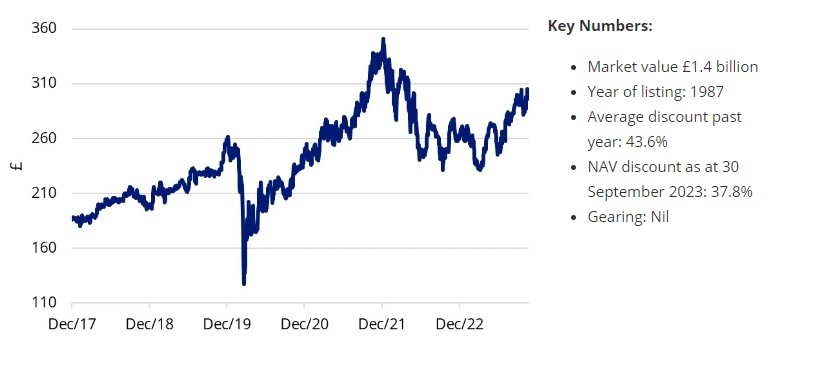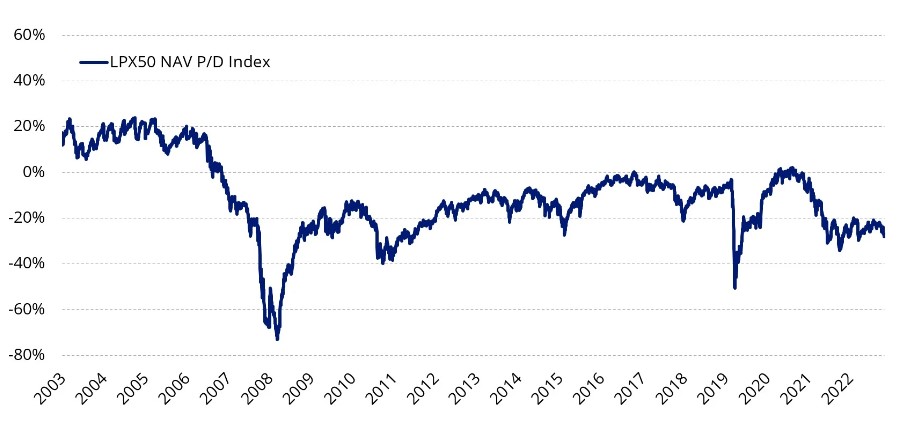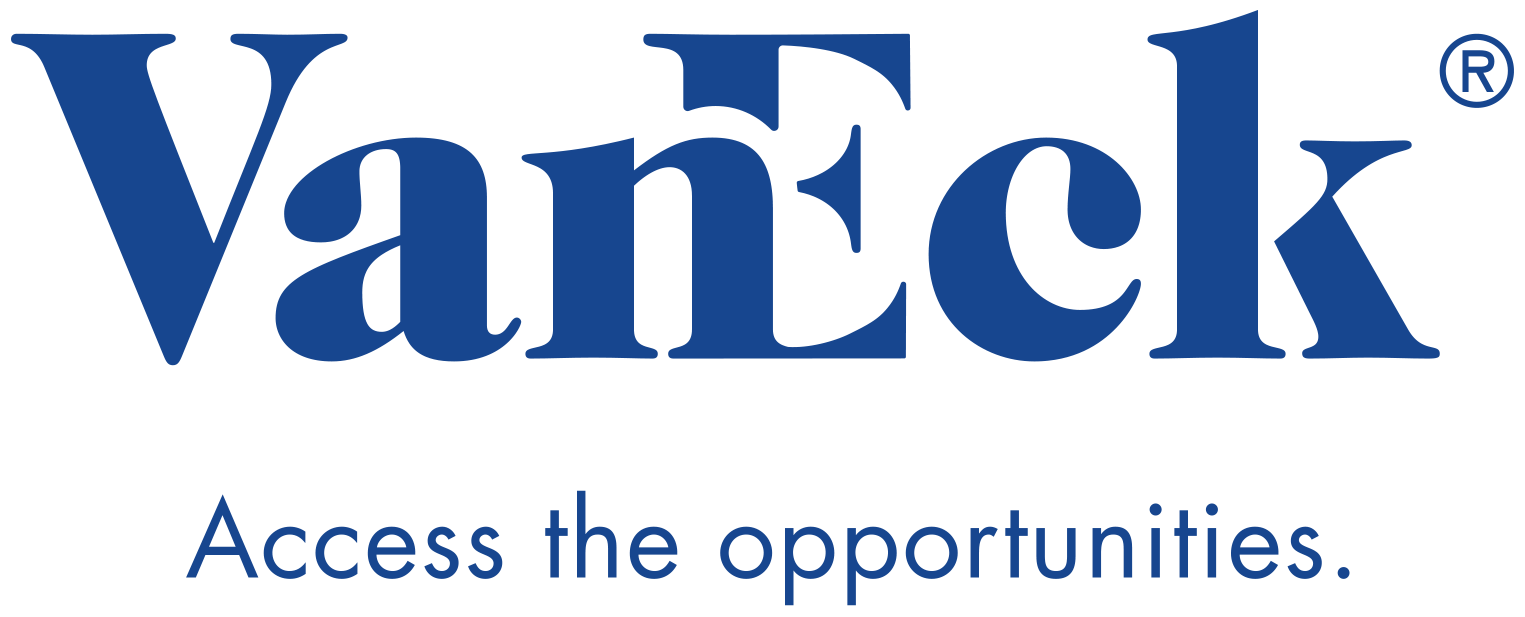When private equity starts buying back, it could be cheap
There are three types of private equity companies in GPEQ:
- Direct Private Equity - Investments directly from the balance sheet. These companies may also act as investment managers and generate fees.
- Fund of funds - Listed funds that invest in closed-end private equity funds.
- Private Equity Managers - Private equity fund managers that generate fee income from managing private equity funds.
A private equity fund of funds and a holding in ASX: GPEQ, Pantheon International Plc, recently announced a share buyback, which is always a strong signal for listed fund-of-fund companies. This transaction follows corporate actions from ASX: GPEQ holdings HgCapital Trust and Gimv.
When a fund of funds is repurchasing its shares, it is a message to the market that it is investing cheaply in assets the trust already knows and likes. Wide discounts are often prevalent among trusts, but many listed funds are often reluctant to buy back their own shares, despite repurchases providing shareholders with an immediate return by enhancing the net asset value per share (i.e. the number of shares outstanding is reduced, but the total asset value stays the same).
Pantheon, which has a current market capitalisation of £1.5 billion will spend up to £200 million to buy back shares, which have been trading at an average 43.6% discount over the past 12 months. According to Pantheon’s Chairman John Singer, “The current discount represents an exciting opportunity that we intend to seize on behalf of shareholders.”
Chart 1: Pantheon International Share price

Trading at a discount is not unique for listed private equity companies
LPX has a deep research pedigree and publishes updated valuations regularly. LPX AG calculates the Net Asset Value (NAV) of the 50 largest Listed Private Equity companies, based on the underlying portfolio of private equity investments owned by each listed company comprising the LPX50 Index - this is the LPX50 NAV index. The current valuation level is still below the valuations, which were observed before 2007/08.
Chart 2: Listed private equity – discount level

There could be more listed private equity companies that follow Pantheon’s lead and take advantage of these discounts for their shareholders. Further, listed private equity has historically outperformed broader equity markets when discounts are high.
Table 1 shows an analysis for the time period 1993-2023 (since the base date of the LPX50 Index) for every year the discount at the end of the respective year’s return of Listed Private Equity vs. Public Markets (in USD).
The empirical results suggest that in 81% of all years since 1993, Listed Private Equity outperformed Public Markets when a discount was observed at the end of the year.
Table 1: Discount/premium statistics

Listed private equity so far in 2023
While unlisted private equity may have been hogging the headlines in 2023, listed private equity has avoided much of the spotlight even though its returns and, as noted above activity, have been noteworthy. The VanEck Global Listed Private Equity ETF (GPEQ) has returned 22.96% for the year to 23 November 2023, though we would always caution, that past performance should not be relied upon for future performance.
Table 2: GPEQ trailing returns as at 23 November 2023


Access ASX: GPEQ here to include private equity as a part of your alternative allocation portfolios via a single trade on ASX.

1 stock mentioned
1 fund mentioned

